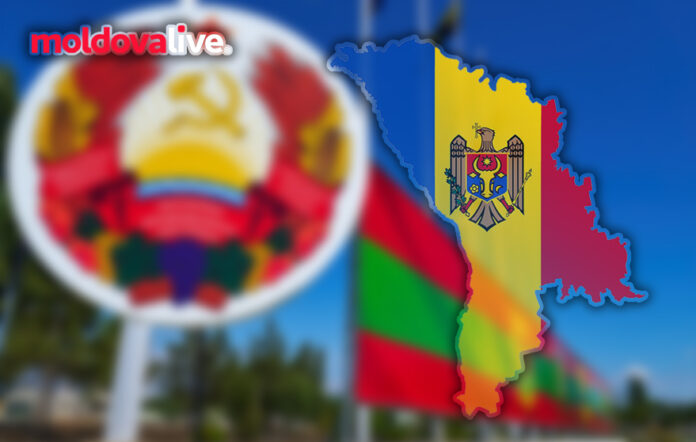Despite the aggressive state’s total control over the separatist region, which still maintains troops in Transnistria, Moldovan citizens there have shown that affection for Russia is beginning to fade, and Moscow’s propaganda is starting to unravel, according to an editorial by Tudor Ionita on deschide.md. In his view, to understand this shift, one only needs to look at how citizens from the left bank of the Dniester voted in the October 20 election. Out of 15,526 votes, nearly a third, or 31.02%, voted YES in the referendum on Moldova’s integration into the EU. It represents 4,816 citizens from the left bank who have personally experienced the ”benefits” of the Russian world and have decided they want to see their future within the European community of nations.
The presidential election also recorded a strong showing, with Maia Sandu ranking as the second choice among Transnistrians, the journalist notes. Over a quarter of the citizens from the left bank of the Dniester—4,037 voters—decided to cast their ballots for the current head of state. Only the Socialist candidate, Alexandr Stoianoglo, received more votes, totaling 5,670.
“By comparison, the Gagauz autonomy, an integral part of the Republic of Moldova and a beneficiary of Moldova’s closer ties with the EU, overwhelmingly voted against the Republic of Moldova’s integration into the European Union. The numerous infrastructure, educational, and cultural projects funded with European money convinced only 5.16% (2,985) of voters of the autonomy. Even fewer—2.26% or 1,415 Gagauz voters—voted for President Maia Sandu.
FOR THE MOST IMPORTANT NEWS, FOLLOW US ON TWITTER!
It’s becoming clear that the citizens in the Transnistrian region, kept in extreme poverty by the Moscow-controlled regime, have begun to realize the threat posed by the Russian Federation, especially in the context of the war in Ukraine. Furthermore, Transnistrians, who exports predominantly to the EU, are already experiencing firsthand the economic benefits of the EU. As a result, Russian propaganda is no longer as effective on them, unlike on the highly Russified Gagauzians,” Ionita believes.
Thus, in the author’s opinion, regardless of geopolitical preferences, all Moldovans should pay attention to the vote expressed by Transnistrians. Ionita believes that ”the fact that at least a third of the residents of a Russian enclave, brainwashed for over three decades by Moscow’s propaganda, want to break away from so-called ‘Mother Russia’ should make pro-Russian voters on the right bank of the Dniester think twice. And those who voted YES in the referendum should go to the polls again on November 3 and elect Maia Sandu as president to ensure that Moldova’s European path continues.”


